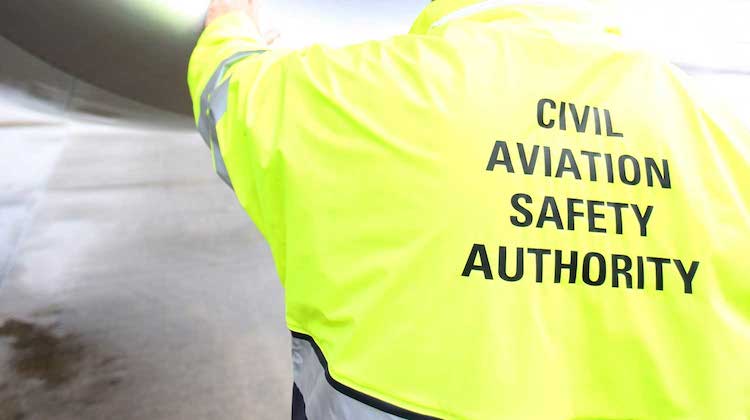Australian Helicopter Industry Association (AHIA) president Peter Crook has welcomed some changes to the Civil Aviation Safety Authority’s (CASA) new Part 61 regulations.
In late May, CASA said it had responded to feedback from the aviation community regarding Part 61 and noted especially the input of the helicopter industry.
Crook said the changes were a positive step, adding that communication between CASA and AHIA had improved considerably following a meeting between the two parties on May 6.
“With other significant amendments in the pipeline these actions demonstrate industry input is now being taken seriously and it adds faith to those who want to contribute but may feel held back by the frustrations of the previous environment,” Crook said in a statement.
As a result of the feedback, CASA said the 12-month flight review requirement for the low-level rating was extended to 24 months.
Meanwhile, CASA also removed new requirement to maintain a minimum of two hours of low-level flying over six months.
And the regulator said aerial mustering pilots will be required to have flown a minimum of 20 hours of aerial mustering operations in the preceding 12 months. If mustering pilots cannot meet this requirement they can complete a flight review, proficiency check or flight test that includes aerial mustering, CASA said.
“The changes to the low-level rating have been made by an exemption to the Civil Aviation Safety Regulations Part 61. In due course the regulations will be amended to include the changes,” CASA said in a statement on May 27.
“Most of the feedback on the low-level rating came from the helicopter industry, which put forward a case to show there were minimal safety benefits from the new requirements while they created administrative difficulties for pilots and air operators.”.
CASA is currently seeking feedback from pilots regarding the implementation of Part 61 and director of aviation safety Mark Skidmore said the regulator was carefully considering all correspondence.
“This is a normal process after a large regulatory change to ensure the new rules are delivering the right safety outcomes without placing an inappropriate burden on the aviation community,” Skidmore said in a statement.
“All wisdom does not lie within CASA so we are happy to listen to the views of others and consider if the regulations can be improved.
“Where there are unintended consequences these will be addressed as quickly as we can, recognising we are working with a comprehensive rule set.”
The section covering student pilots has also been changed, with the 14-day dual check requirement extended to 30 days.





